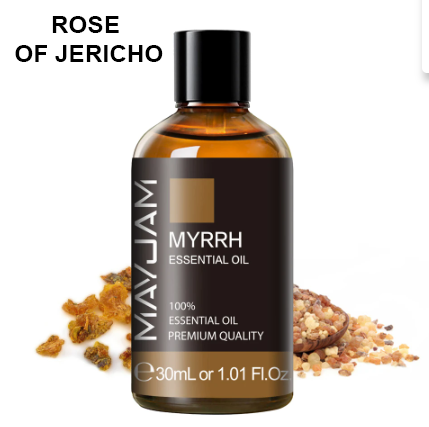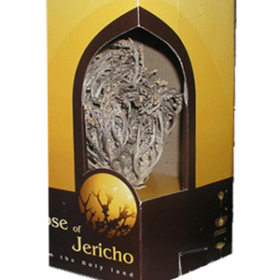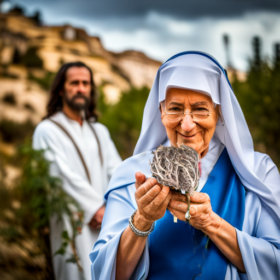Myrrh Oil
Myrrh Oil
In ancient times, myrrh oil was highly prized for its medicinal properties. It was used to treat a range of conditions, including respiratory issues, digestive problems, and skin irritations. The ancient Egyptians used myrrh oil in embalming and mummification, and it was also used in religious ceremonies and as a perfume.
In Christianity, myrrh oil is mentioned multiple times in the Bible, and it is associated with the birth, life, and death of Jesus Christ. According to the Bible, myrrh was one of the gifts presented to the infant Jesus by the three wise men. It is also mentioned as one of the oils used in the preparation of Jesus’ body for burial after his crucifixion.
In the Book of Exodus, myrrh is listed as one of the ingredients in the holy anointing oil used in the consecration of the tabernacle and its furnishings. Myrrh is also mentioned in the Song of Solomon as a fragrant ingredient in perfumes and incense.
Myrrh oil was also highly valued in ancient Greece and Rome. The Greek physician Hippocrates used myrrh oil in his treatments, and it was also used in Roman medicine to treat a range of ailments, including wounds and infections.
In traditional Chinese medicine, myrrh oil is believed to have a warming and invigorating effect on the body. It is used to treat a range of conditions, including menstrual cramps, joint pain, and digestive issues.
Myrrh oil is also used in Ayurvedic medicine, a traditional system of medicine from India. In Ayurvedic medicine, myrrh oil is believed to have a purifying effect on the body and is used to treat respiratory issues, skin irritations, and digestive problems.
In modern times, myrrh oil is still used in a range of applications. It is used in aromatherapy to promote relaxation and relieve stress and anxiety. Myrrh oil is also used in natural skincare products for its anti-inflammatory and antibacterial properties. It is believed to help reduce the appearance of fine lines and wrinkles and improve skin tone and texture.
Myrrh oil is also used in perfumery, where it is valued for its warm, earthy scent. It is often used in high-end fragrances and is a popular ingredient in oriental and woody fragrances.
In conclusion, myrrh oil has a rich history of use in various cultures around the world, including in religious and spiritual practices, traditional medicine, and perfumery. Its use is documented in ancient texts such as the Bible, and it continues to be valued for its medicinal and aromatic properties in modern times. Whether used for spiritual purposes or for its therapeutic and cosmetic benefits, myrrh oil remains an important part of many cultures and traditions around the world.



